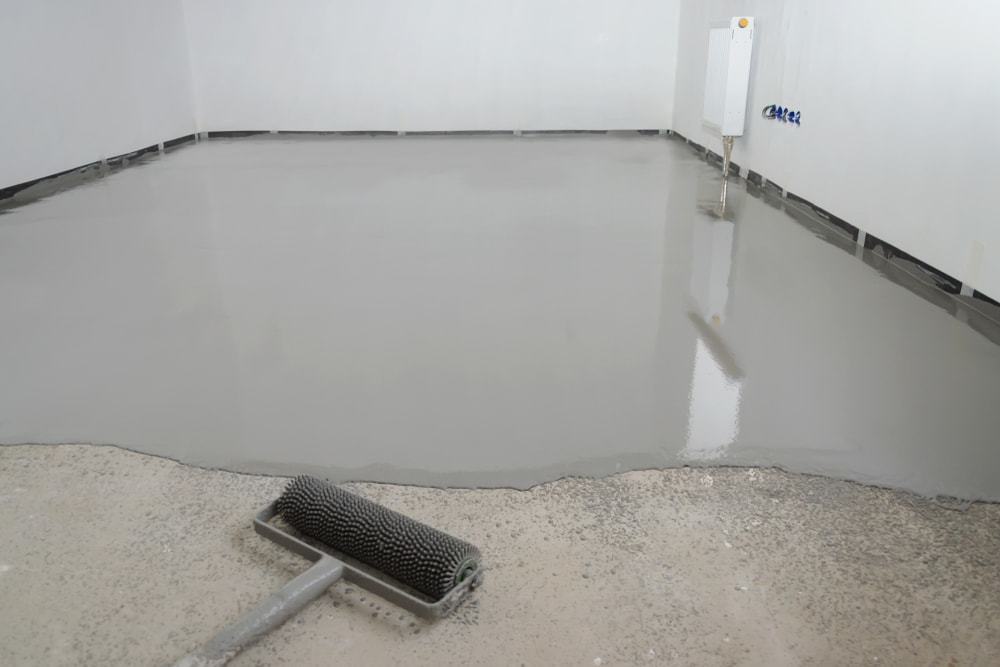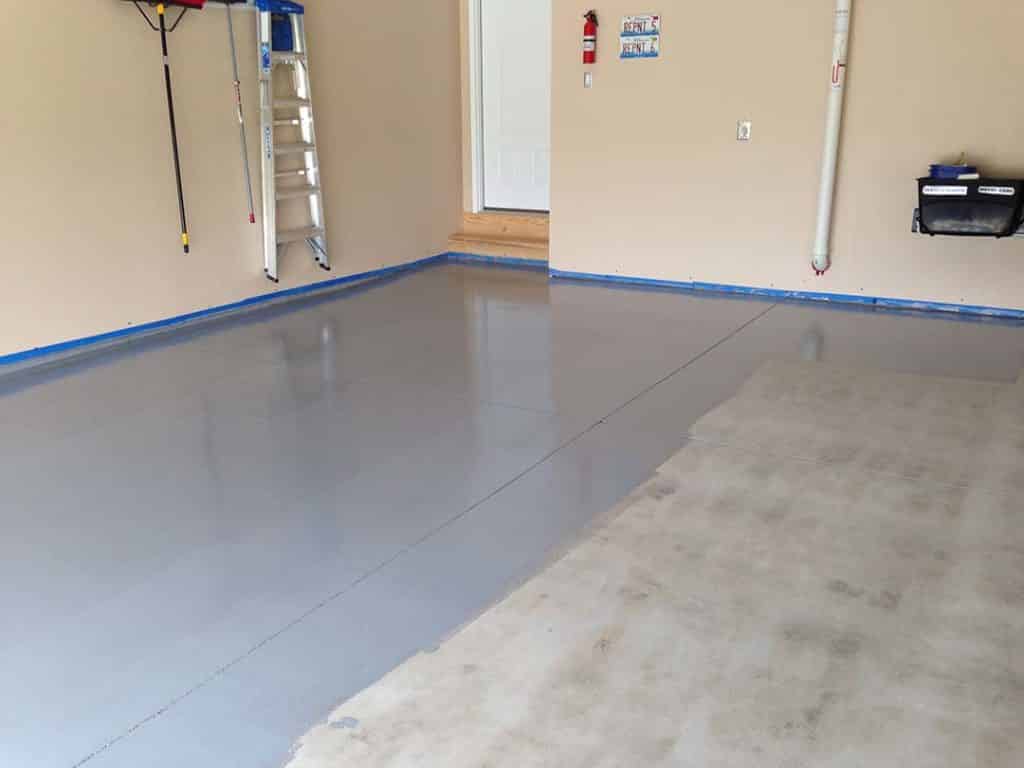The first thing you want to do is review the technical data for the epoxy you are using which is usually included with the product or in the instruction manual.
Epoxy floor high humidity.
If you apply epoxy in high temperatures the pot life may be reduced by half.
Storing the epoxy or working with the epoxy in a humid environment may cause inconsistent results due to moisture entering the mixture.
The following are some rules of thumb when applying epoxy coatings in high humidity and high or low temperatures.
Humidity levels below 85 are recommended.
Epoxy applied at low temperatures or below the recommendation may not harden and cure properly.
Remember that whenever air temperature is above 74 f or humidity levels are higher than 75 you will have less than 30 minutes of working time to apply the epoxy.
The floor must be clean and free of oil grease and debris.
Here you will find the required information about temperature specifications for application as well as specifications about humidity levels and dew points.
When epoxy coatings are applied in adverse conditions usually high humidity they can cure with an unintended hazy or greasy finish that looks terrible and can exhibit unfavorable performance attributes.
The warmer the air temperature and higher the humidity the faster musclegloss will set.
One specific problem that can occur due to environmental conditions is a phenomenon known as amine blush.
This means you will have less work time than normal when either temperature or humidity is high.
The cure rates are so slow that product durability may be an issue.
Make sure that you follow the manufacturer s recommended instructions for humidity and temperature.
Not following the humidity and or temperature restrictions.
This finish is referred to as amine blush and is a chemical reaction that can.
When certain epoxy binder systems are applied under low temperature and or high humidity conditions a side effect of the curing reaction may appear on the coating or flooring surface 1 this side effect can manifest itself as grey cloudiness.
A greasy waxy layer.
Since epoxymaster epoxy coating is not water soluble it may not penetrate this moisture barrier and therefore the bond between the epoxymaster and the floor may not be as good as possible.
Or as white crystals or patches.
Other factors than cause cause floors to peel include improper preparation of the concrete flooring.
Make sure the epoxy and the environment is as dry as possible when using the epoxy.
High humidity can condense on the cooler concrete floor leaving a microscopic moisture barrier between the epoxymaster and the floor.





























